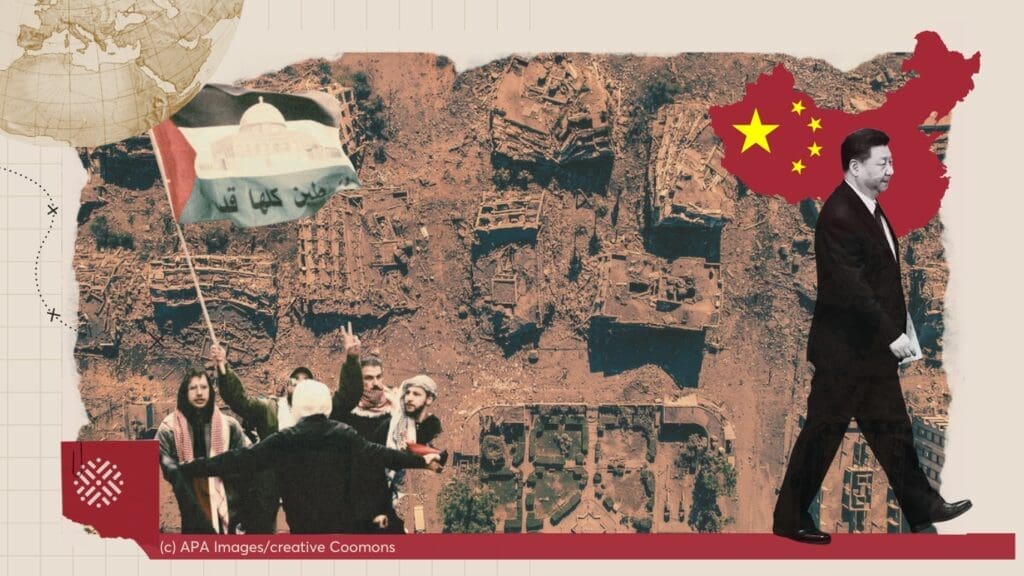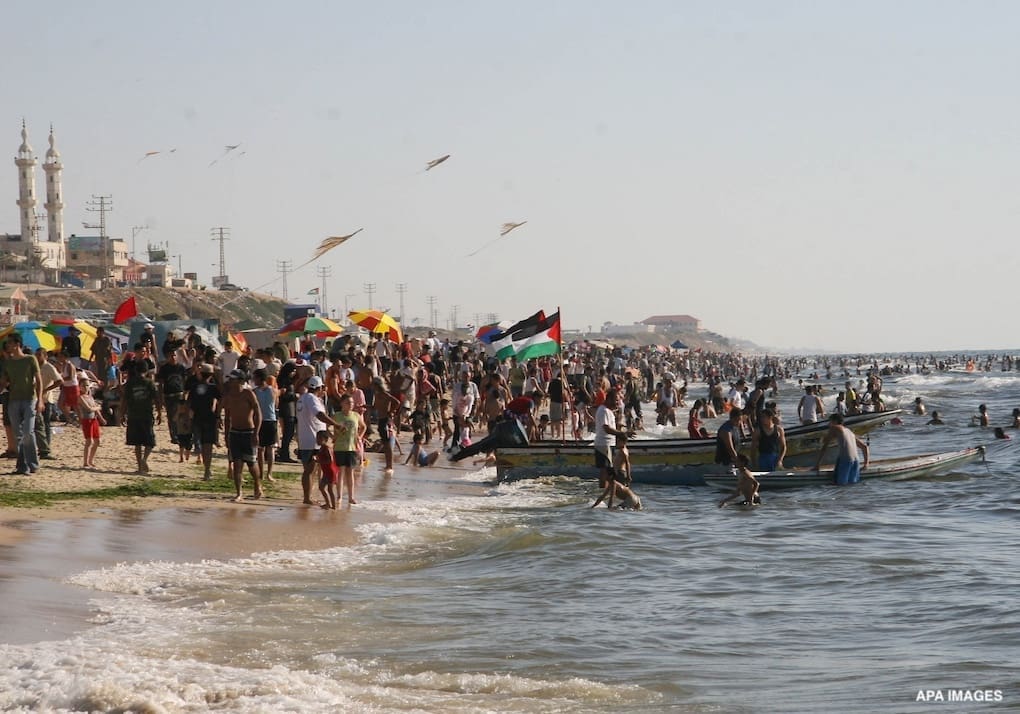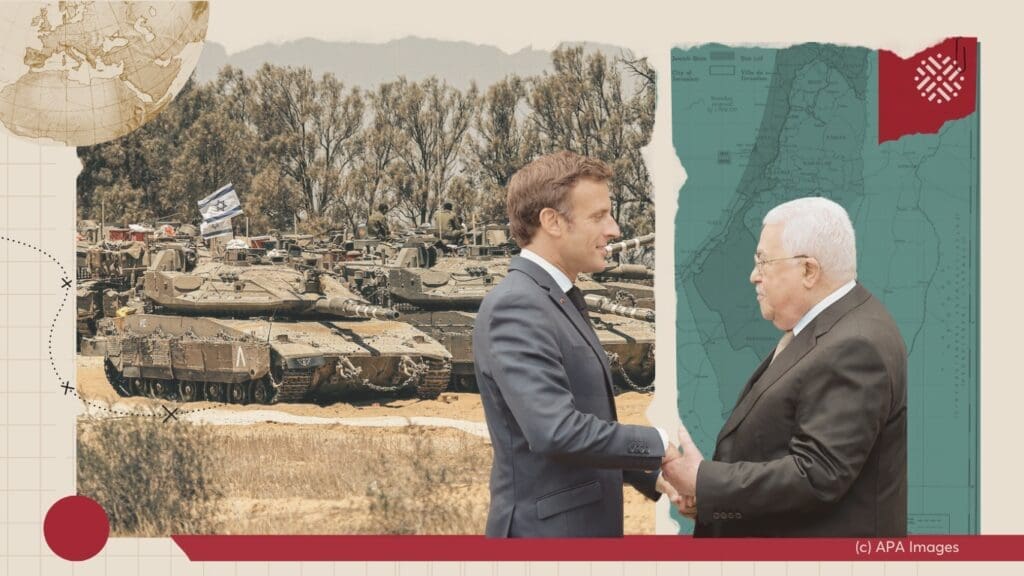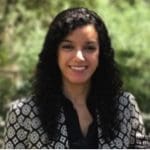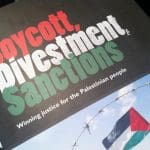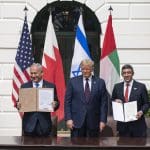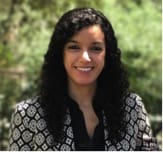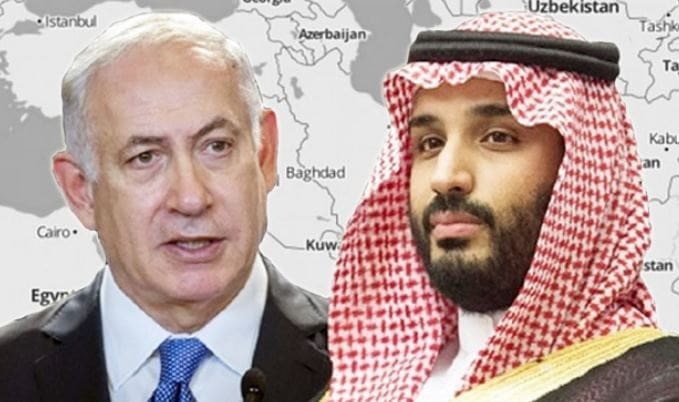
Normalization relations between Israel and the Arab countries have become clearer and more acceptable than ever before. How has normalization changed over the decades, and what does it look like today? In the upcoming Policy Lab, Al-Shabaka analysts Dana Al-Kurd and Oraib Al-Rantawi will join host Nour Arafa to discuss the stages of development of normalization and its repercussions on the Palestinian struggle and on the citizens of normalizing countries.
Oraib Rantawi is the founder and director general of the Amman-based Al Quds Center for Political Studies and an established writer and columnist. He has...
Nur Arafeh is a Fellow at the Malcolm H. Kerr Carnegie Middle East Center, in Washington DC, where her work focuses on the political economy...
Al-Shabaka Member Dana El Kurd received her PhD in Government from The University of Texas at Austin. She specializes in Comparative Politics and International Relations....
(2020, July 14)

